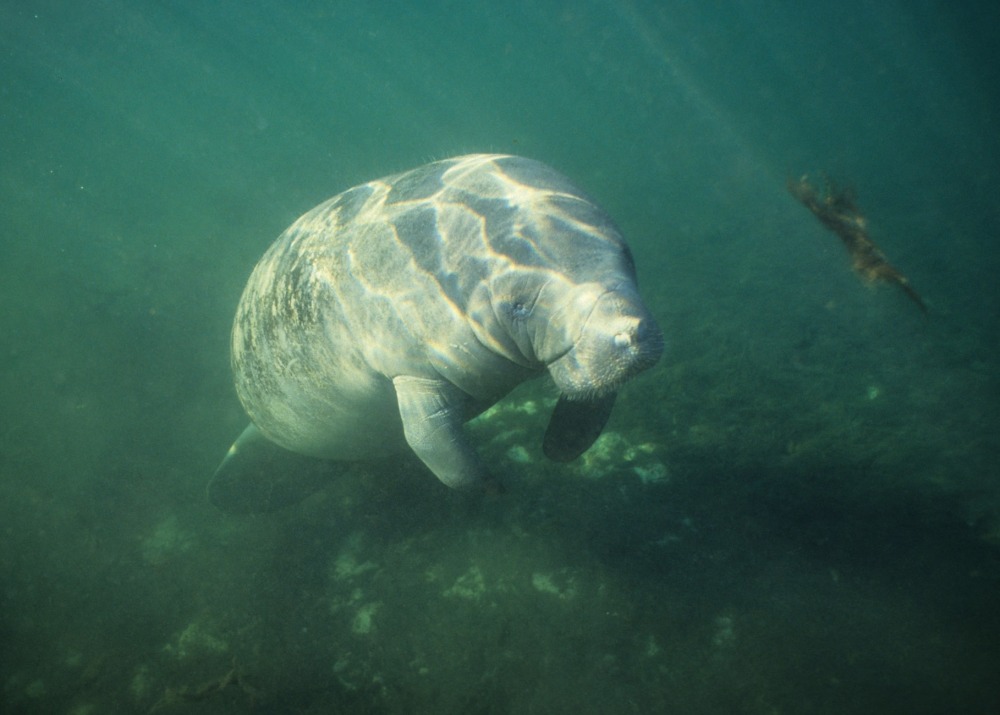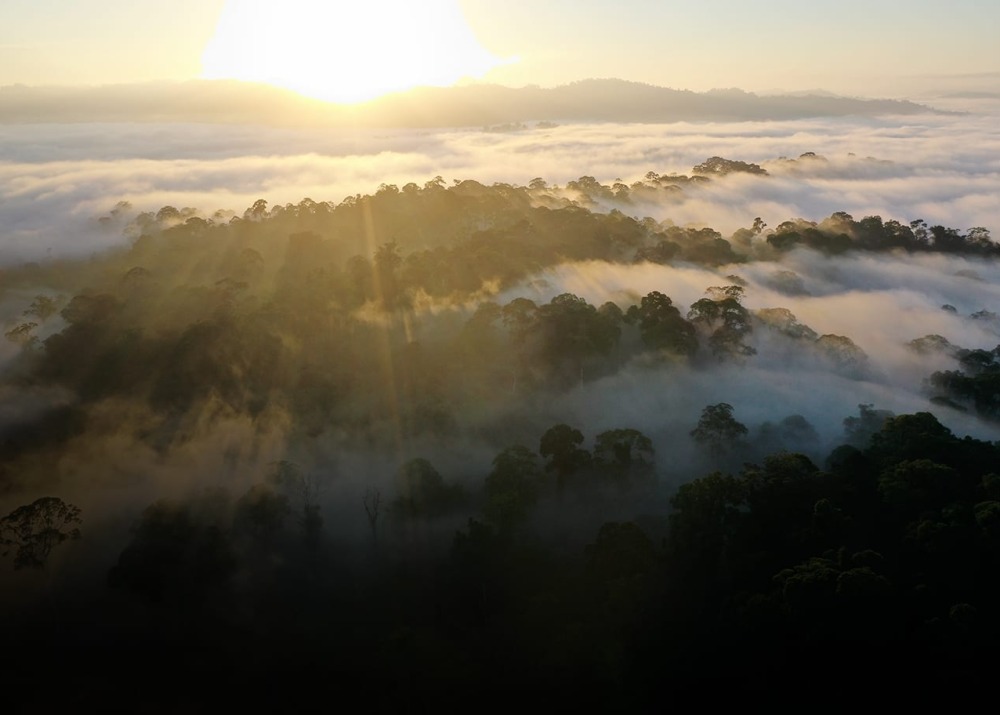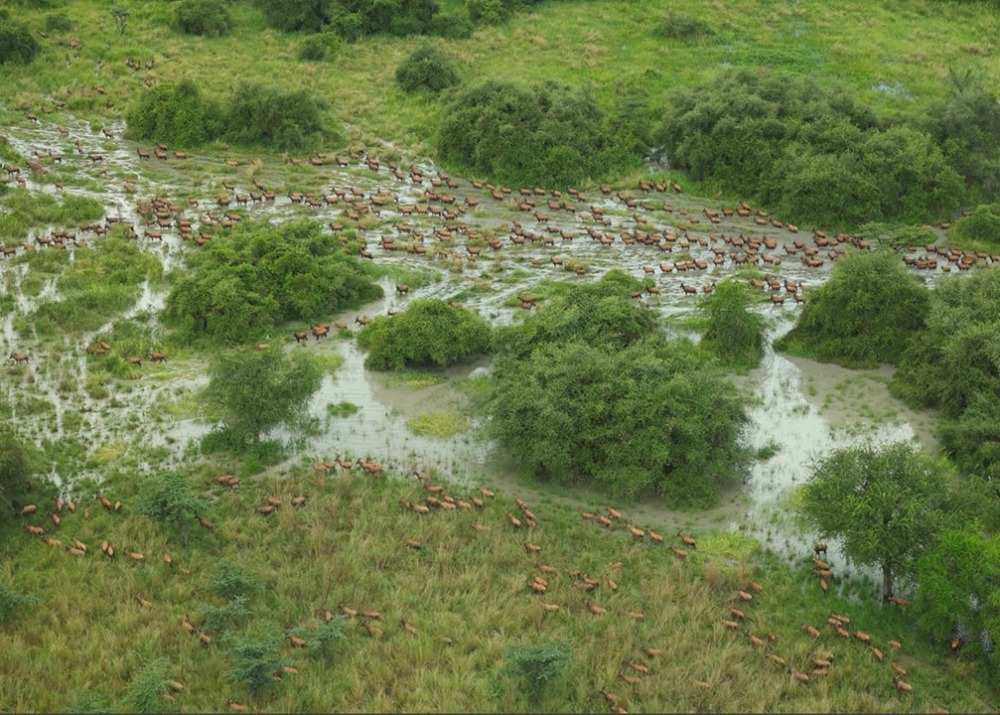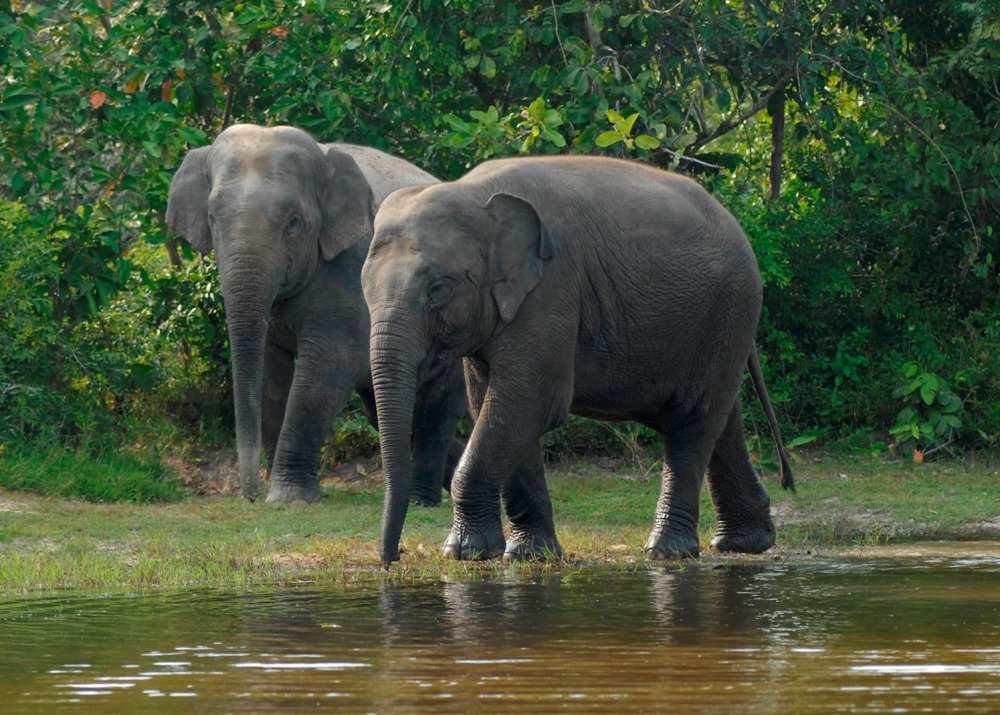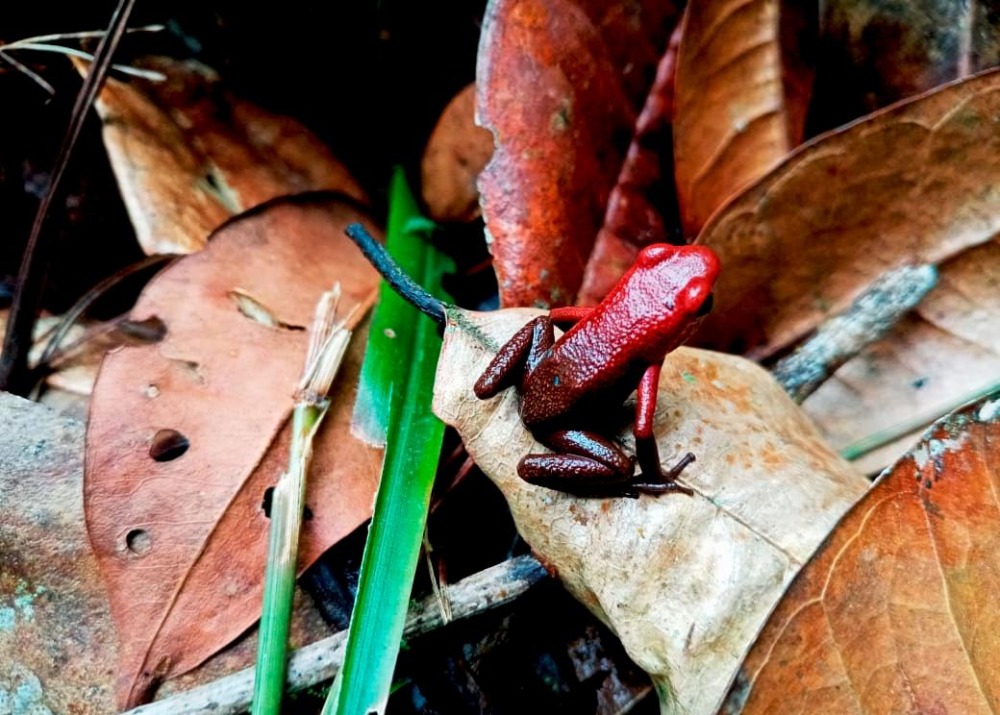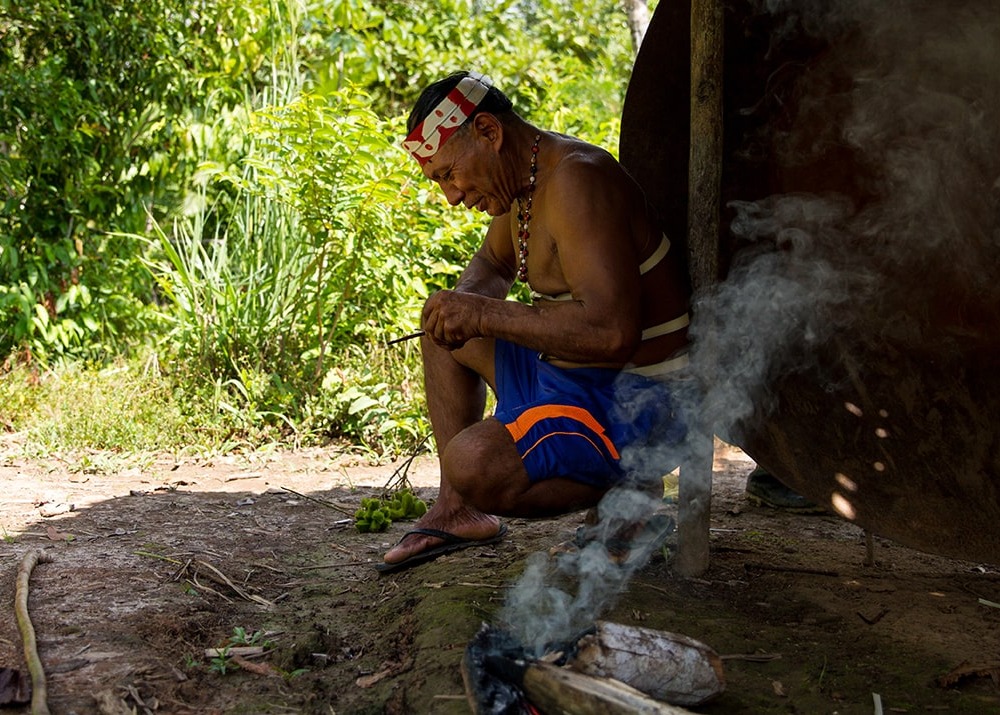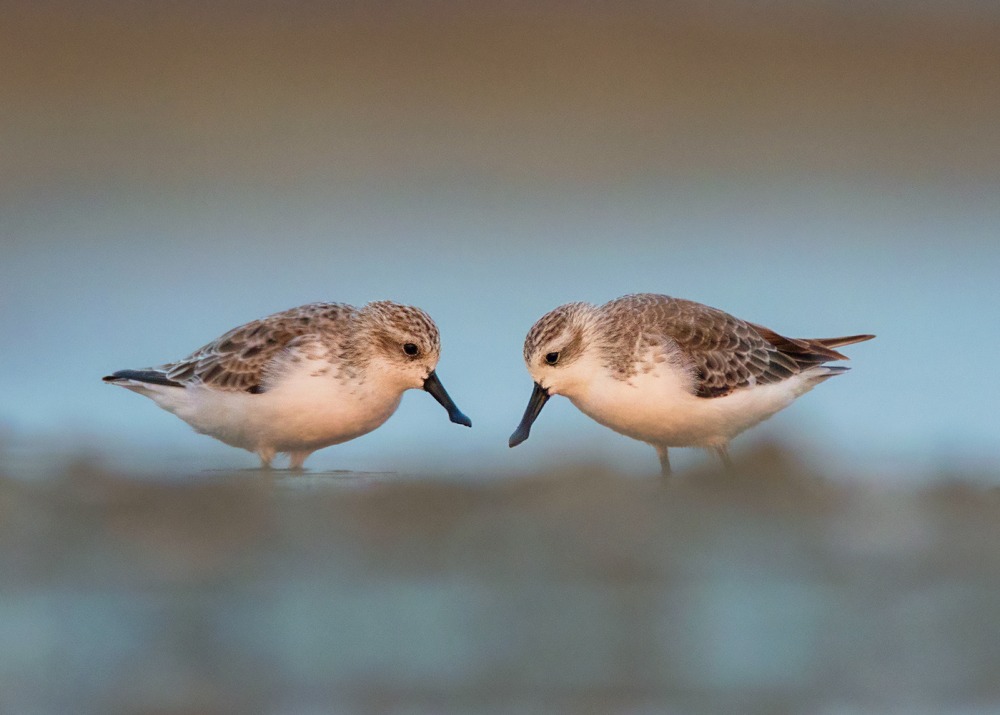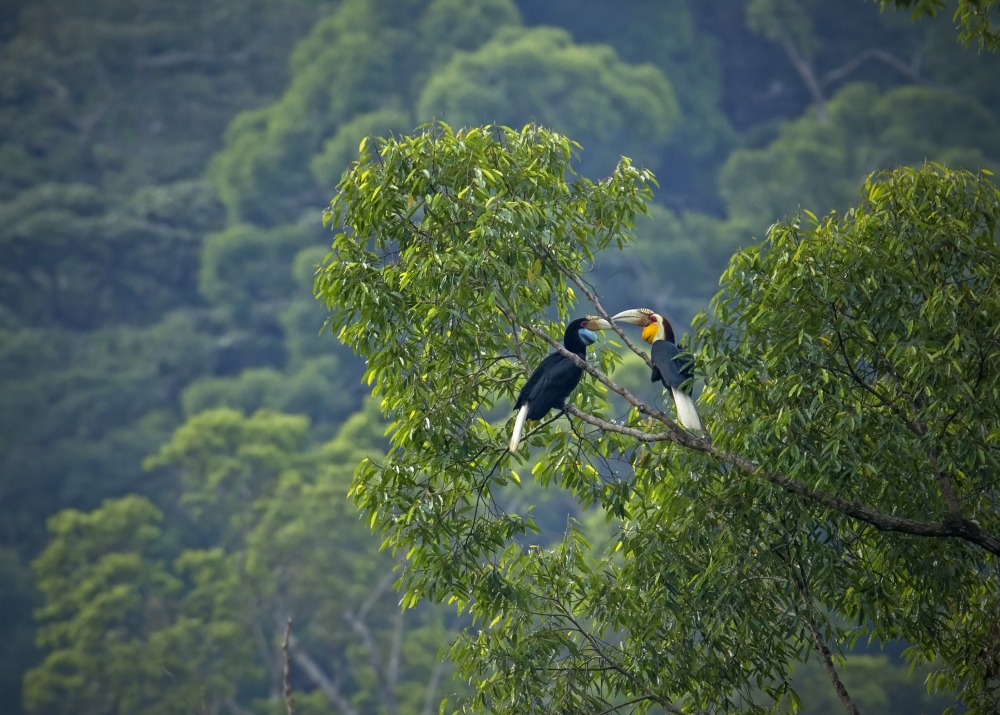Earth Day 2024: What kind of individual action actually makes a difference in saving the planet?
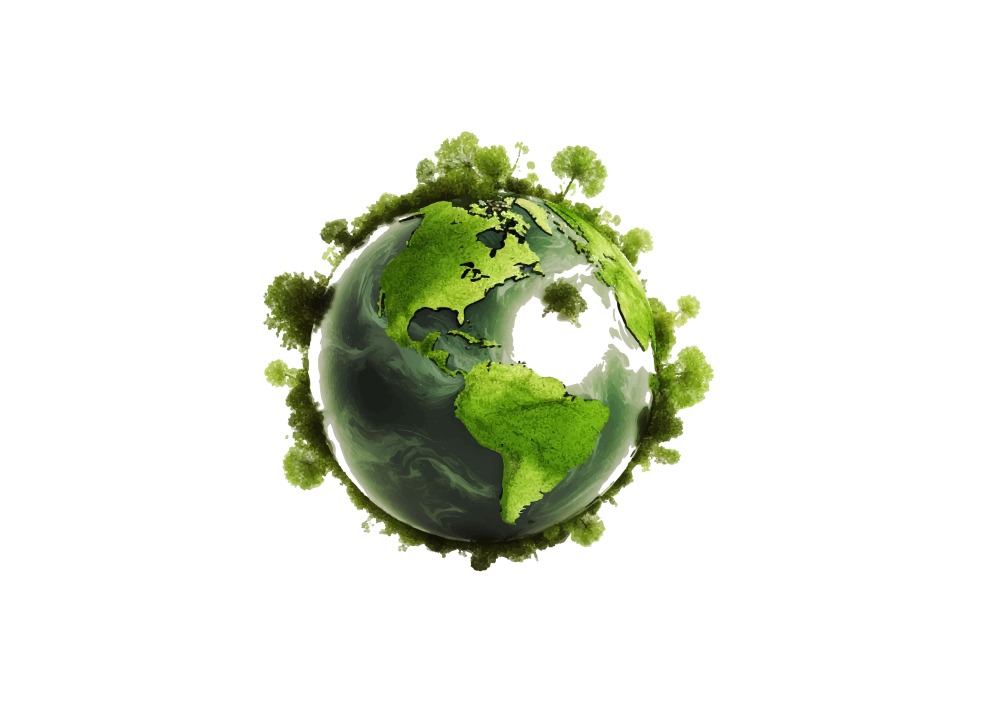
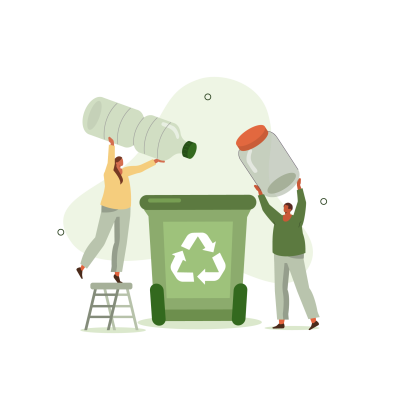 1. Reduce. Reuse. Recycle.
1. Reduce. Reuse. Recycle.
The most effective way to reduce waste is to prevent it from happening. Reducing consumption of material goods can have a big impact. Creating and shipping new products requires the use of fossil fuels, and therefore results in greenhouse gas emissions, contributing to climate change and other negative impacts on the environment.
Reusing products more than once is a great way to cut down on waste. Investing in a single reusable water bottle or shopping bag can significantly cut down consumption and the amount of plastic thrown away.
Items that cannot be reused can often be recycled. Instead of throwing these items away as trash, recycling gives them a second life, turning them into new products.
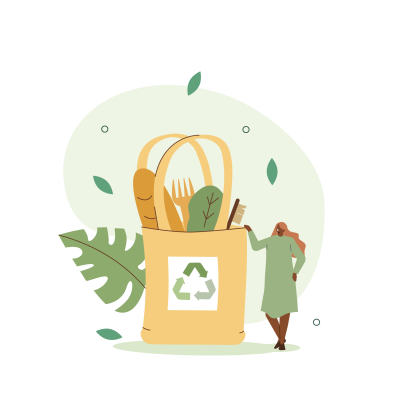 2. Shop consciously.
2. Shop consciously.
Shopping consciously can make a big difference on an individual level.
Buy from sustainable brands—brands that prioritize environmental responsibility in their operations and products. The best of these brands work to minimize their negative impacts on the planet, promote ethical practices throughout their supply chain, and prioritize social causes.
Shop locally as often as possible. Buying local produce or other products reduces unnecessary transport, which contributes to environmental pollution. Buying from local farmers or manufacturers generates jobs in local economies. Local businesses are also often able to conduct more sustainable or environmentally friendly business practices because less transportation, and therefore energy, is required to distribute their products.
 3. Educate Yourself.
3. Educate Yourself.
Educating ourselves is one of the most powerful actions each of us can take. Information is power, and the more we know and understand how our actions and the actions of others impact the world around us, the better chance we have of protecting the world for generations to come.
Here are some resources to get started:
- Intergovernmental Panel on Climate Change
- United States Global Change Research Program
- Surface Temperature Reconstructions for the last 2,000 years
- National Climate Assessments
- Encyclopedia of Earth: Climate Change
- Global Climate Change: Vital Signs of the Planet (NASA)
- Evolving Assessments of Human and Natural Contributions to Climate Change
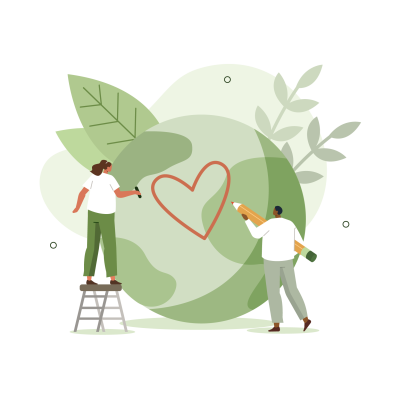 4. Volunteer your time.
4. Volunteer your time.
Change requires action. Organizations across the U.S. and the world have numerous opportunities to take part in collective action for the planet. Or, take action on your own! Take part in a beach cleanup, plant a tree, register to vote, or advocate for climate action on a local, regional or federal level.
Want to join scientists in gathering critical environmental data? Become a citizen scientist! Without leaving home, you can record air quality, track human activity, or observe weather patterns. All of these data contribute to a global database of knowledge that helps scientists better understand how our world works, and how we can protect it.
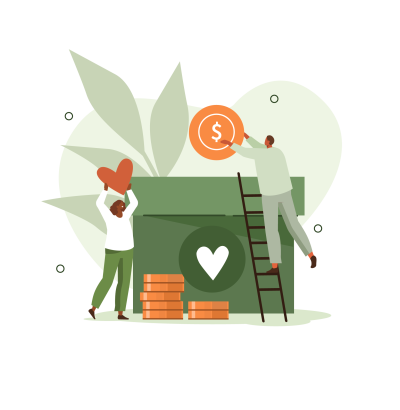 5. Donate (if you can):
5. Donate (if you can):
Organizations across the U.S. and the world are working tirelessly to protect our planet.
Rainforest Trust’s mission for over 35 years has been to prevent destruction and deforestation of tropical habitat through the creation of protected areas. Critical habitats around the world face increasing threats, ranging from forest fires due to slash-and-burn agriculture, to land clearing for large scale development, to desertification. The results put our planet and all its inhabitants at risk.
Millions of acres of rainforest are lost each year, contributing to climate change, and displacing wildlife and communities.
Rainforests provide oxygen, habitat for countless species, and livelihoods for billions of people. They play a significant role in the water cycle and in pollination, protecting species that pollinate fruit and other crops that humans and wildlife rely on.
You can make a difference for the planet.
This Earth Day, your gift to the Rainforest Trust Brazilian Amazon Fund will help fight lethal deforestation, fires, droughts and rampant exploitation in the world’s largest rainforest.
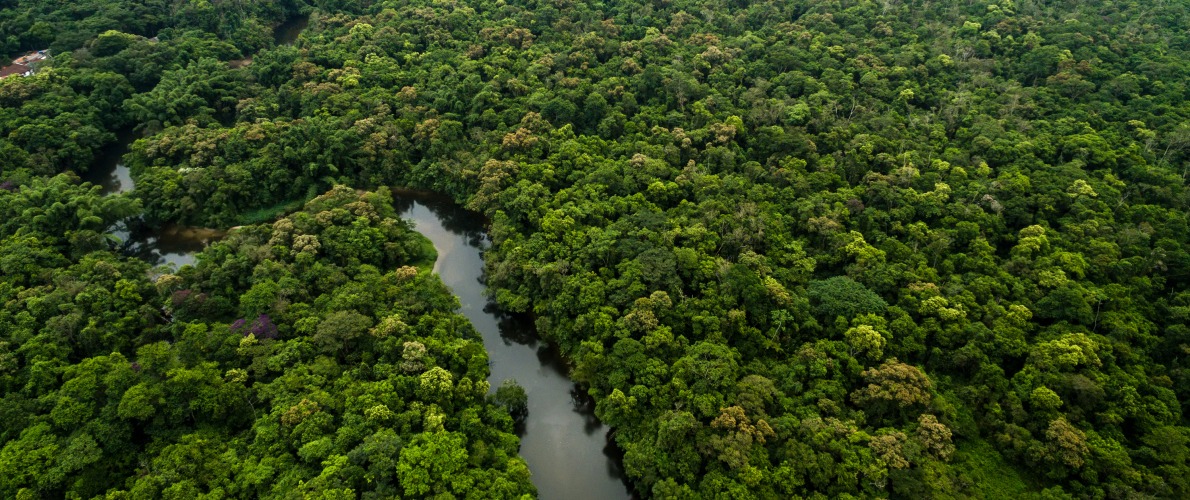
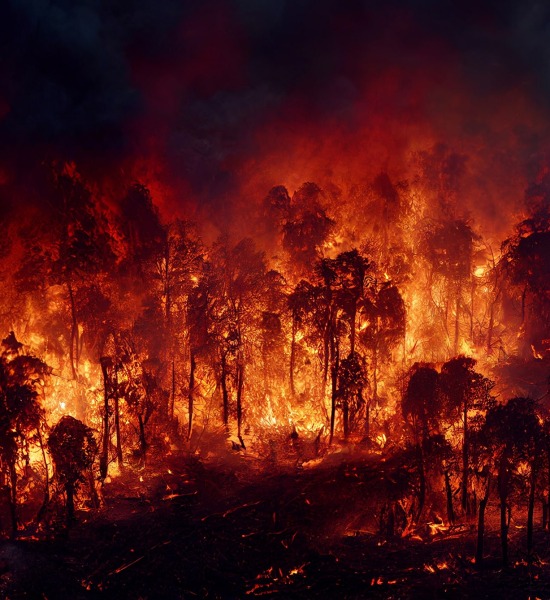
The Brazilian Amazon Fund
The Rainforest Trust Brazilian Amazon Fund was created in 2023 to permanently safeguard 20 million acres in Brazil by the end of 2026. Rainforest Trust’s work around the world, but especially in Brazil, will be critical to continuing to decrease deforestation rates and protecting ecologically important habitat in the most important forests across the world.


